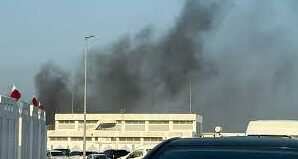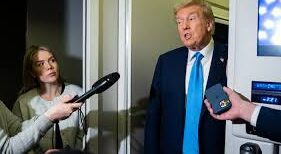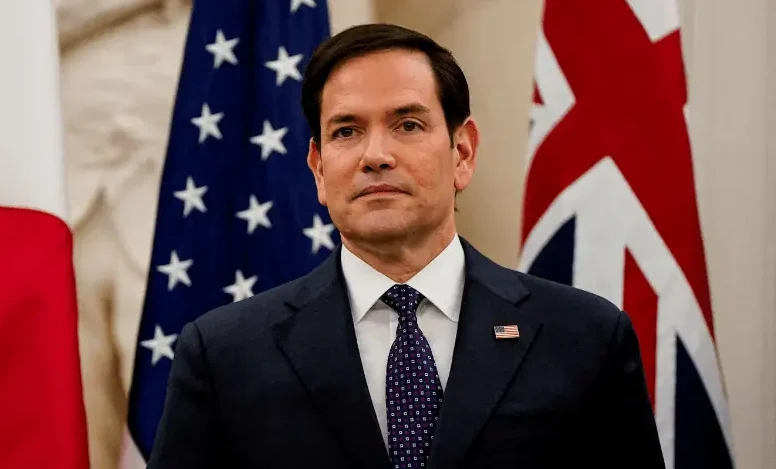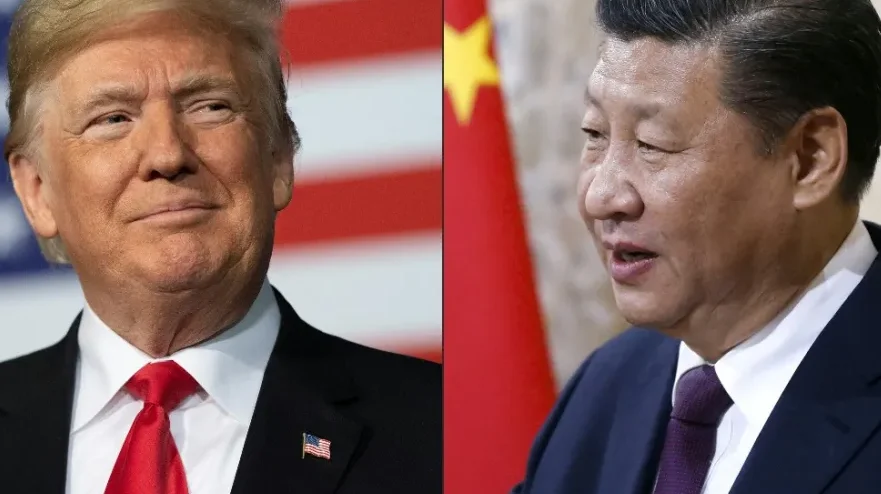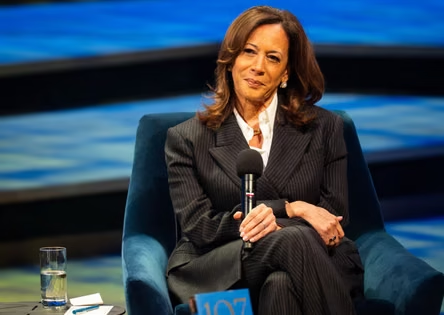Israeli Prime Minister Benjamin Netanyahu has refused to rule out more strikes on Hamas leaders after last week’s attack in Qatar, warning that the group’s leaders “have no immunity” wherever they are.
Speaking at a press conference in Jerusalem alongside U.S. Secretary of State Marco Rubio, Netanyahu said every country has the right “to defend itself beyond its borders.”
Israel’s decision to target Hamas figures in Qatar has drawn international criticism, including from U.S. President Donald Trump. Hamas said six people were killed in the attack but its top leaders survived. Netanyahu’s comments came days after the White House said Trump had reassured Qatar that such strikes would not happen again on its soil.
Asked whether the U.S. had any role in the operation, Netanyahu told reporters, “We did this ourselves. Period.”
Rubio, responding to a BBC question on whether the strike damaged U.S. relations in the region, said Washington maintains “strong ties with our Gulf allies.” Despite tensions, the two officials projected a united front, praising their countries’ technical and cultural cooperation. Netanyahu added that Israel “has no better ally” than the United States.
Their meeting coincided with an Arab leaders’ summit in support of Qatar. Qatar’s prime minister urged the international community to end “double standards” and punish Israel. The Gulf state hosts a major U.S. air base and plays a key mediation role in indirect talks between Hamas and Israel. It has hosted Hamas’s political bureau since 2012.
According to a U.S. State Department official, Rubio will travel to Qatar after his Israel visit.
On Sunday, Netanyahu told reporters that U.S.-Israel ties were as solid “as the stones of the Western Wall” after he and Rubio made a brief stop at the sacred site in Jerusalem’s Old City. Accompanied by U.S. Ambassador to Israel Mike Huckabee, Rubio placed a note in the wall, following a traditional practice. The officials ignored questions about the strikes in Qatar.
Netanyahu and Rubio also discussed Israel’s military plans to seize Gaza City and its ongoing expansion of settlements in the occupied West Bank. Over the weekend, Israeli forces demolished residential buildings in Gaza City and are reportedly preparing to launch ground operations in the city’s western neighborhoods. The Israel Defense Forces (IDF) has urged residents to move south, estimating that about 250,000 Palestinians have already fled, though hundreds of thousands remain.
Many residents say they cannot afford to leave, while others insist southern Gaza is not safe because Israel has also struck there. Some who tried to relocate said they failed to secure shelter and returned to Gaza City.
“They tell us to leave our homes as if we are going on a trip,” said Gaza City resident Hafez Habous. “We will die here for one reason: we have no money. We have no tents, no shelters, and no transport.”
He said drivers demand 300 shekels about 90 dollars or 65 pounds to go south. “How? I don’t even have 100. I don’t have money for food tomorrow. How can we go south?”
The United Nations has warned that escalating attacks in the densely populated area could push civilians into “even deeper catastrophe.”
Netanyahu and Rubio’s meeting comes ahead of next week’s UN General Assembly session, where key U.S. allies including Britain, France, Canada, Australia, and Belgium are expected to recognise a Palestinian state. That prospect has intensified debate in Israel about the West Bank’s future, with hardliners arguing that annexation is the only way to block Palestinian statehood.
In late August, the Israeli government gave final approval to the E1 settlement plan east of Jerusalem, which would effectively split the West Bank in two, isolating northern and southern Palestinian communities. At the signing ceremony last Thursday, Netanyahu said, “We are fulfilling our promise that there will be no Palestinian state. This place is ours.”
Earlier this month, far-right Finance Minister Bezalel Smotrich unveiled a proposal to annex about four-fifths of the West Bank. Since capturing the West Bank and East Jerusalem in the 1967 war, Israel has built about 160 settlements housing 700,000 Israelis alongside an estimated 3.3 million Palestinians. These settlements are considered illegal under international law.
On Monday evening, Rubio is set to visit the City of David archaeological park in the Palestinian neighbourhood of Silwan in occupied East Jerusalem. He will attend the opening of the “Pilgrimage Road” tunnel, said to trace an ancient Roman-era path taken by visitors to the biblical Temple, known to Jews as the Temple Mount and to Muslims as al-Haram al-Sharif.
Critics say the park uses archaeology to advance political claims at the expense of Palestinian residents.


